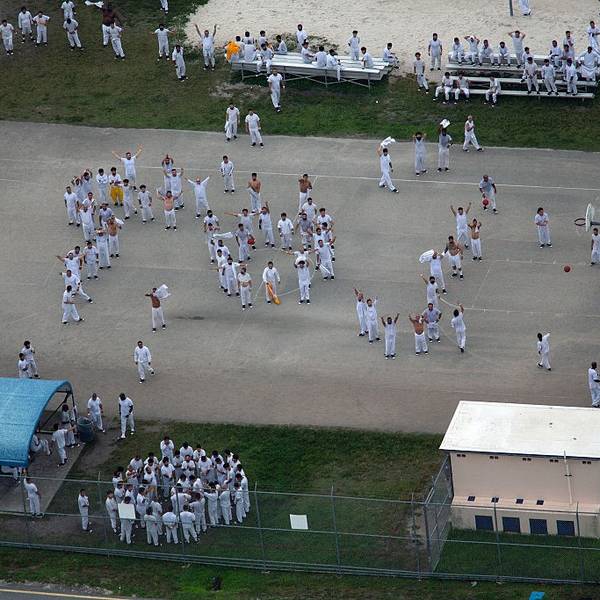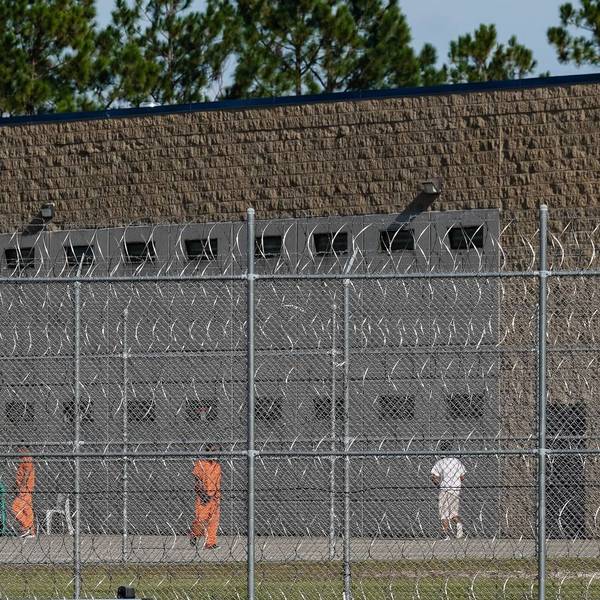President Donald Trump's crackdown on asylum-seekers was dealt a major blow on Wednesday when U.S. District Judge Randolph Moss ruled that the administration had vastly overstepped its legal authority with an executive order issued on the first day of his second term.
Politico reports that Moss found that Trump's January 20 executive order slapping new restrictions on asylum-seekers even if they arrive at proper points of entry exceeded his powers as outlined by the Immigration and Nationality Act (INA), which the judge described as containing the "sole and exclusive" procedure for properly deporting undocumented immigrants. In fact, Moss went so far as to say that Trump had established "an alternative immigration system" with his asylum order.
Moss—appointed to the district court in Washington, D.C. by former President Barack Obama—also didn't buy the administration's rationale that such drastic measures were necessary due to the emergency of an "invasion" at the southern border.
"Nothing in the INA or the Constitution grants the president... the sweeping authority asserted in the proclamation and implementing guidance," the judge wrote. "An appeal to necessity cannot fill that void."
Lee Gelernt, an attorney for the American Civil Liberties Union who argued the case in court, praised the ruling as "a hugely important decision" that will "save the lives of families fleeing grave danger" and "reaffirms that the president cannot ignore the laws Congress has passed and the most basic premise of our country's separation of powers."
The original Trump order not only barred asylum-seekers who showed up at the border outside the proper points of entry, but also mandated that asylum-seekers at the points of entry provide additional documentation beyond what is required by law, including medical histories and information about potential past criminal records.
Moss' order is not going into effect immediately as he is giving the administration two weeks to prepare an appeal.




